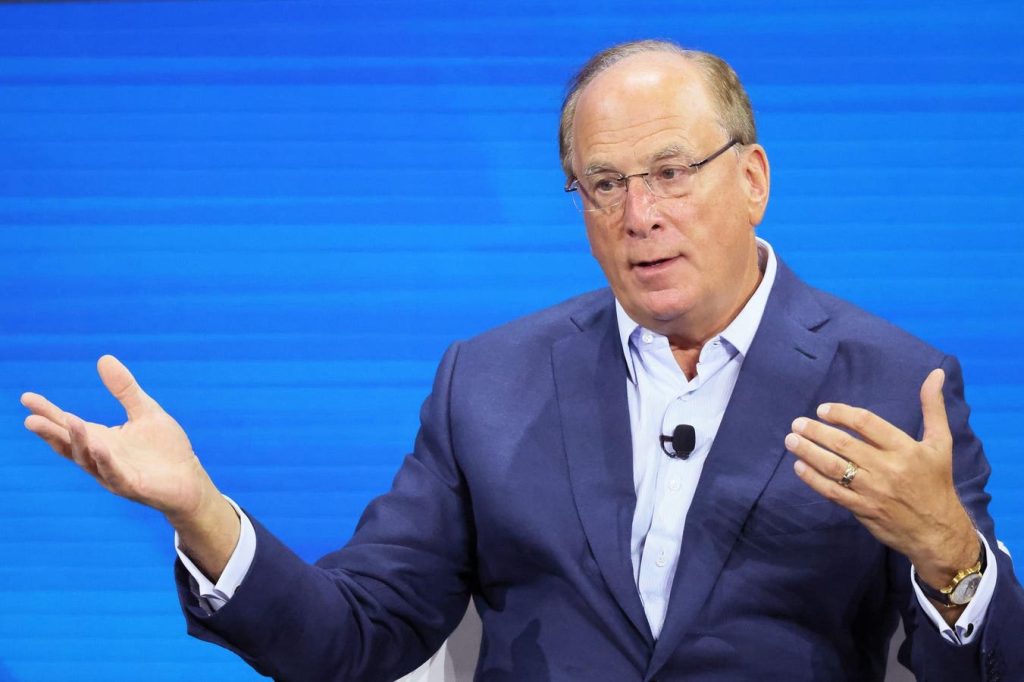In his Annual Chairman’s Letter to Investors, BlackRock CEO Larry Fink has called for a rethinking of retirement in light of increasing longevity and shifting demographics. Fink questions how we can afford longer lives and urges a discussion on when retirement should be, as well as how to support those who wish to work longer. While retirement discussions often center around financial concerns, it is important to consider the broader context of retirement decisions.
The traditional concept of retirement was designed to maximize productivity in factory and agricultural settings, treating workers as replaceable parts of a machine. However, with advancements in technology, work has become less physically demanding, leading some to argue that people should work longer. While this may be feasible in certain professions, many jobs still require physical stamina and strength, which may decline with age, increasing the risk of work-related injuries.
Various studies indicate that physical and emotional stressors in the workplace impact an individual’s decision to retire. From demanding work environments to high emotional stress, many find it challenging to continue working past retirement age. Additionally, the lack of adequate support systems for caregivers can force workers to downshift their careers prematurely, jeopardizing their financial security. Employers, public services, and communities must provide support to rethink retirement.
Flexible work arrangements, advancements in technology, continuous education, and addressing age discrimination are key factors in rethinking retirement. Employers offering flexible hours, pay, and benefits can help older workers transition into retirement gradually. Technology, such as robotics and artificial intelligence, can reduce physical burdens and create new job opportunities. Continuous learning and addressing age discrimination are also crucial in enhancing workforce participation among older individuals.
Rethinking retirement requires a systemic change in institutions, expectations, and societal narratives. While people are living longer, the traditional retirement story needs to be rewritten to accommodate the evolving social contract of work and longevity. By addressing caregiver support, flexible work policies, technology advancements, education, and age discrimination, society can create a more inclusive and sustainable approach to retirement. It is time to move beyond the outdated notions of retirement age and embrace a more holistic view of work and longevity in today’s rapidly changing world.


